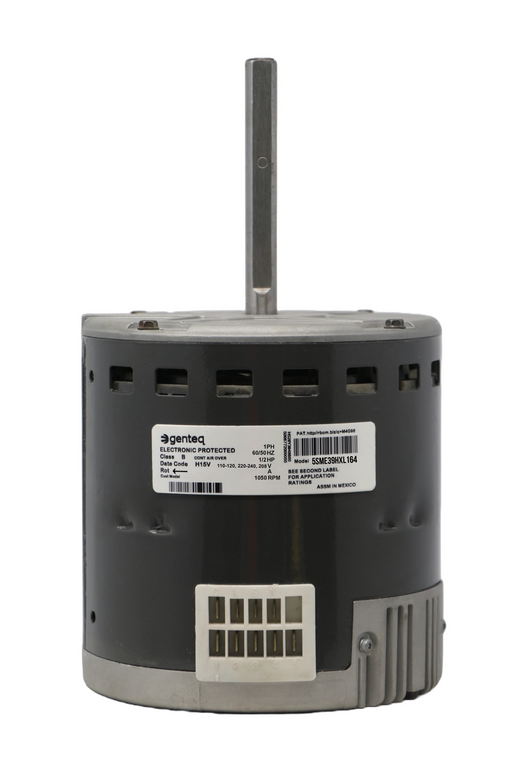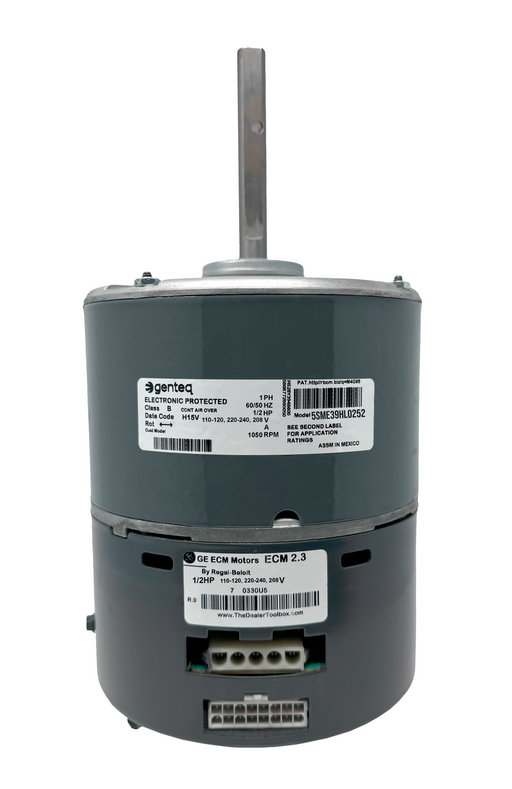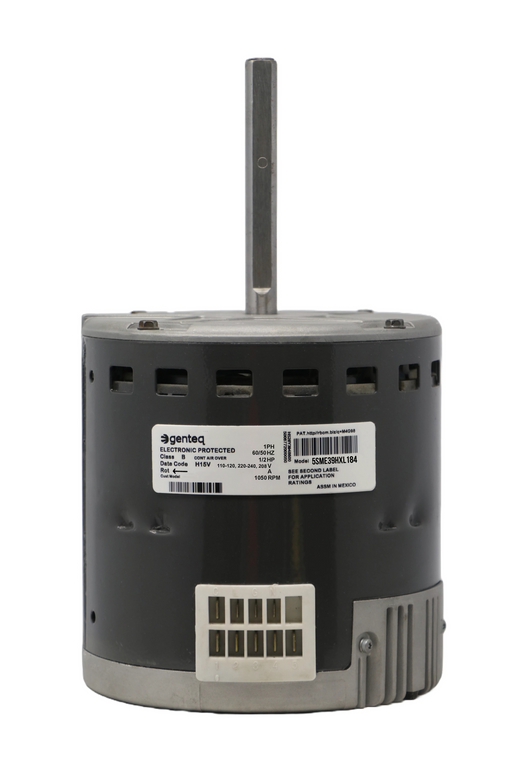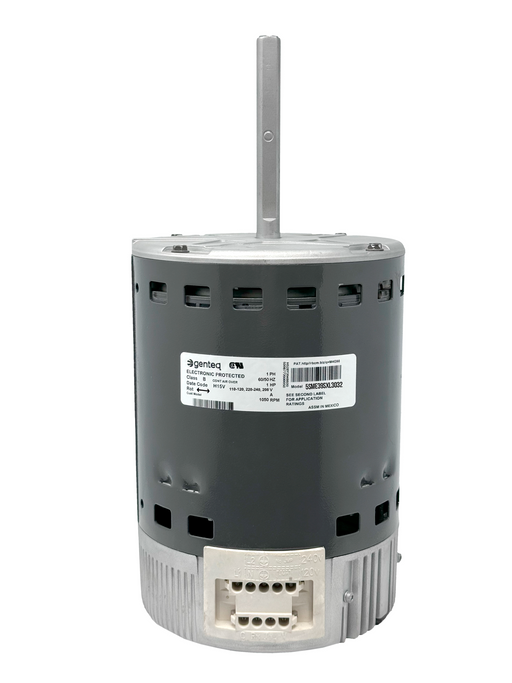(813) 440-8108

Do All HVAC Systems Have Fresh Air Intake?
Heating, Ventilation, and Air Conditioning (HVAC) systems are essential for maintaining indoor comfort by regulating temperature and humidity. A common question among homeowners is whether all HVAC systems incorporate a fresh air intake to bring outdoor air into the home. The answer is no, not all HVAC systems have a dedicated fresh air intake. However, incorporating fresh air into your HVAC system can significantly enhance indoor air quality and overall comfort. Here you find more information.
Understanding Fresh Air Intake in HVAC Systems
A fresh air intake allows outdoor air to enter the HVAC system, which is then conditioned and distributed throughout the building. This process helps dilute indoor pollutants, replenishes oxygen levels, and can improve overall air quality.
Types of HVAC Systems and Fresh Air Intake
-
Older or Basic HVAC Systems: Many older or simpler HVAC units focus primarily on heating and cooling recirculated indoor air without introducing fresh outdoor air. These systems may lack dedicated fresh air intake components.
-
Modern or High-Efficiency Systems: Contemporary HVAC systems often include fresh air intake vents as a standard feature, recognizing the importance of ventilation for maintaining good indoor air quality and system efficiency.
👉🏻 How to Test Your HVAC Blower Motor: A Step-by-Step Guide
Importance of Fresh Air Intake
Incorporating a fresh air intake in your HVAC system offers several benefits:
-
Improved Indoor Air Quality: Introducing outdoor air helps dilute indoor contaminants such as volatile organic compounds (VOCs), allergens, and odors, leading to a healthier living environment.
-
Enhanced Comfort: Fresh air can help regulate indoor humidity levels, preventing issues like mold growth and maintaining a comfortable atmosphere.
-
Efficient System Performance: Some HVAC systems, especially high-efficiency models, require a fresh air supply to operate optimally. Adequate ventilation ensures that the system functions as designed, providing better energy efficiency and performance.
5SME39HXL164 Motor de soplador Genteq ECM X13 1/2 HP
Motor remanufacturado por United HVAC Motors Garantía de reemplazo de 2 años (se aplican términos) Plug n Play - 100% programado...
Ver todos los detallesMotor de soplador Genteq 5SME39HL0252 ECM 2,3 1/2 HP
Motor remanufacturado por United HVAC Motors Garantía de reemplazo de 2 años (se aplican términos) Plug n Play - 100% programado...
Ver todos los detalles
How to Determine If Your HVAC System Has a Fresh Air Intake
To find out if your HVAC system includes a fresh air intake:
-
Inspect the Unit: Look for a vent or duct connected to the outdoor environment, typically a pipe or vent leading from the outside into the return air duct or plenum of your HVAC system.
-
Consult Documentation: Review your system's user manual or installation guide, which should detail the presence and location of any fresh air intake components.
-
Professional Assessment: If you're uncertain, it's advisable to consult a licensed HVAC professional who can assess your system and provide recommendations.
👉🏻
Adding a Fresh Air Intake to Your HVAC System
If your current system lacks a fresh air intake, consider the following steps:
-
Evaluate the Need: Assess your home's ventilation requirements, considering factors like indoor air quality, occupancy levels, and existing ventilation.
-
Consult a Professional: Engage an HVAC technician to evaluate your system and determine the feasibility of adding a fresh air intake. They can design a solution that integrates seamlessly with your existing setup.
-
Installation: A professional will install the necessary components, ensuring compliance with local building codes and optimal system performance.
👉🏻 Troubleshooting an HVAC Fan Not Working: Common Causes and Solutions
Conclusion
While not all HVAC systems come equipped with a fresh air intake, incorporating one can provide significant benefits, including improved indoor air quality, enhanced comfort, and efficient system performance.
If you're considering adding a fresh air intake to your HVAC system, consult with a qualified HVAC professional to explore your options and ensure a solution tailored to your home's needs.
5SME39HXL184 Motor de soplador Genteq ECM X13 1/2 HP
Motor remanufacturado por United HVAC Motors Garantía de reemplazo de 2 años (se aplican términos) Plug n Play - 100% programado...
Ver todos los detallesMotor de soplador Genteq 5SME39SXL3032 ECM 3.0 1 HP
Motor remanufacturado por United HVAC Motors Garantía de reemplazo de 2 años (se aplican términos) Plug n Play - 100% programado...
Ver todos los detalles





